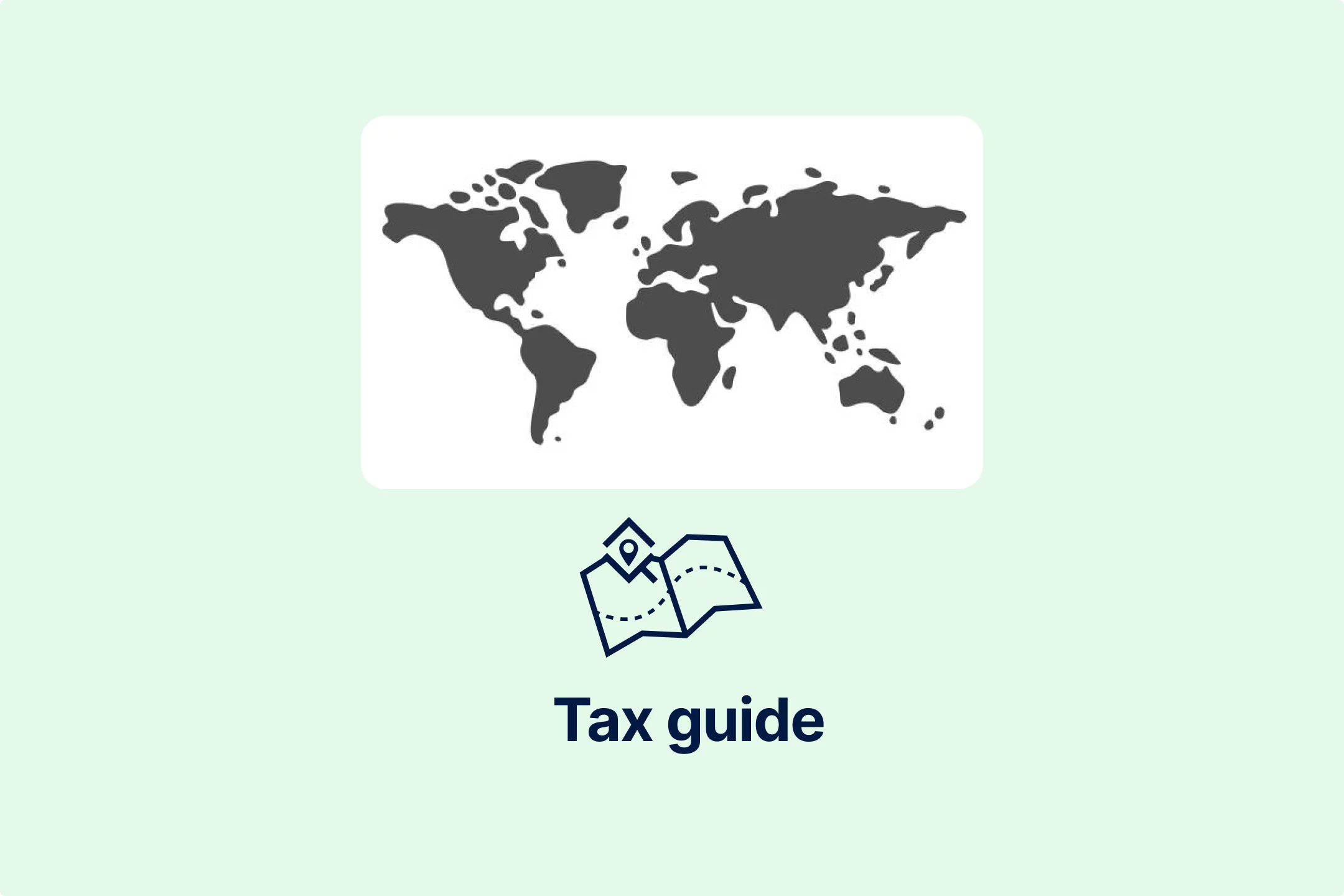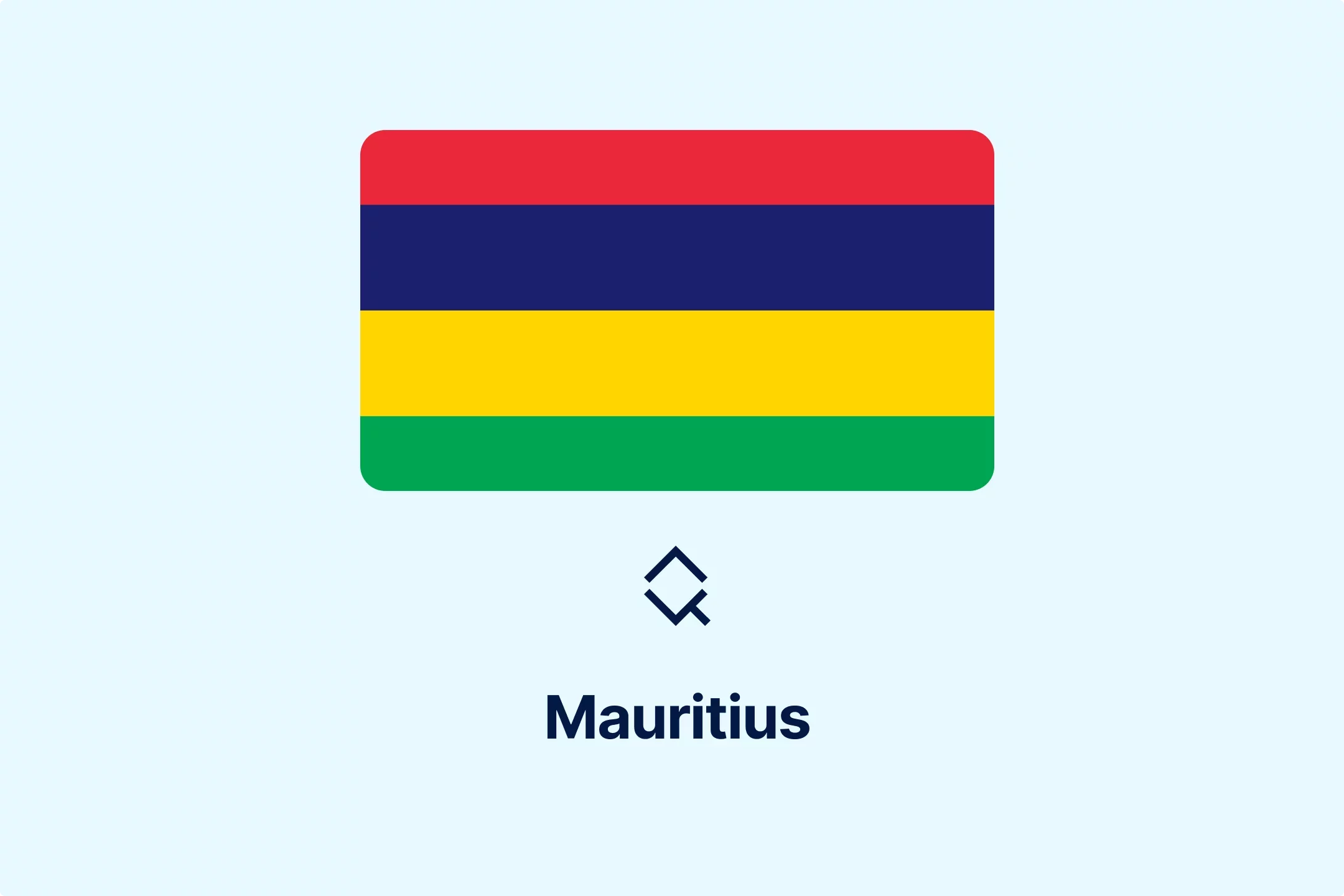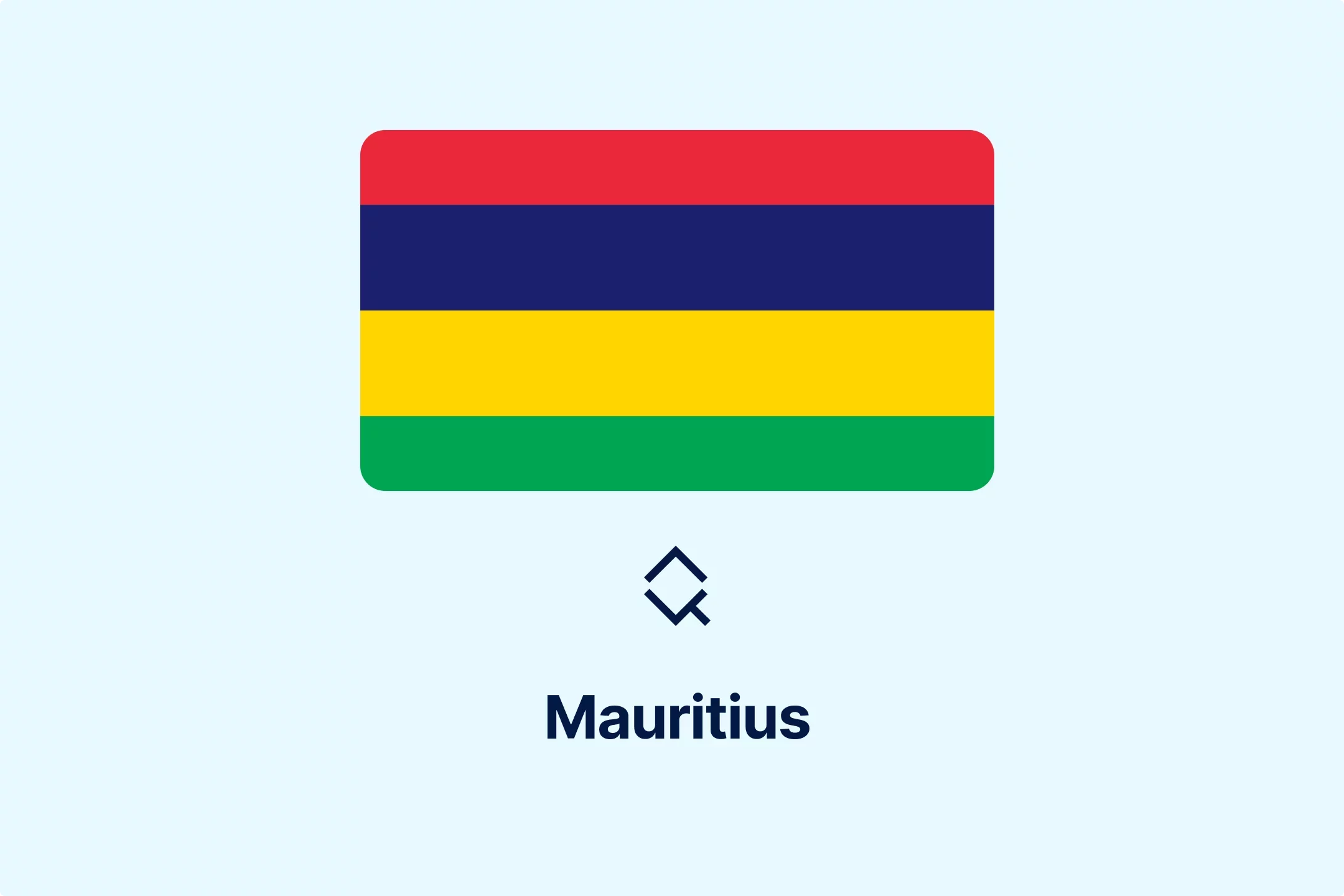Mauritius to Introduce 15% VAT on Digital Services from 1 January 2026

Introduction
Mauritius has taken a significant step on its tax system by extending its Value Added Tax (VAT) framework to cover cross-border supplies of digital and electronic services. Through the Finance Act 2025, Parliament amended the VAT Act to bring foreign suppliers of such services within the tax net with effect from 1 January 2026.
This reform places Mauritius among a growing number of African jurisdictions such as Kenya, Nigeria, South Africa and Tanzania that have moved to tax the digital economy by focusing on consumption within their borders, regardless of where the supplier is located.
Legal Basis
The measure is embedded in section 61 of the Finance Act 2025, which amended the Value Added Tax Act. Key changes include:
The introduction of a legal definition of “digital or electronic services.”
The creation of special registration rules for foreign suppliers.
The insertion of new schedules clarifying the scope of taxable services and compliance obligations.
Scope of Digital or Electronic Services
Under the new rules, digital or electronic services are broadly defined to include services “supplied over the internet or an electronic network and the nature of which renders their supply essentially automated, involving minimal human intervention.”
The Tenth Schedule, Part III provides a non-exhaustive list, covering:
E-books, music, films, games and other downloadable or streaming content.
Software, updates, and cloud-based applications (SaaS).
Web hosting and website supply.
Online advertising services.
Remote maintenance of programs and equipment.
Online magazines, newspapers and journals.
Distance teaching and e-learning platforms.
This scope captures both business-to-consumer (B2C) and certain business-to-business (B2B) transactions where the customer is located in Mauritius.
Place of Supply Rules
Determining whether a customer is “in Mauritius” is critical for the application of VAT. The Act provides that a customer is deemed resident in Mauritius if two non-contradictory indicators align, including:
Billing or home address.
Location of the customer’s bank or payment intermediary.
Internet Protocol (IP) address or geolocation data.
Country code of the customer’s SIM card.
Any other commercially relevant information.
This approach mirrors global best practice by requiring multiple data points to prevent misclassification.
Registration Requirements for Foreign Suppliers
Unlike domestic suppliers, who must register when their taxable turnover exceeds a specified threshold, foreign suppliers of digital services must register for VAT irrespective of turnover
Furthermore:
A foreign supplier with turnover above the Sixth Schedule threshold is required to appoint a tax representative in Mauritius with a permanent establishment.
The representative will be responsible for filing VAT returns and remitting tax.
Where a supplier does not appoint a representative, the Mauritius Revenue Authority (MRA) may enforce compliance directly, including by targeting intermediaries such as app stores or digital marketplaces.
VAT Rate and Invoicing
Supplies of digital services to Mauritian customers will be subject to VAT at the standard rate of 15%, the same as domestic supplies.
Foreign suppliers will need to:
Issue VAT-compliant invoices showing the tax separately.
File electronic VAT returns on prescribed dates.
Pay VAT in Mauritian Rupees or, where revenues are received in another currency, remit the equivalent in that foreign currency
Compliance and Reporting Obligations
Foreign suppliers and their tax representatives must:
Maintain detailed records of digital supplies made to Mauritian customers.
File returns electronically, including a schedule of taxable supplies made to customers in Mauritius
Submit payments within statutory deadlines.
Retain supporting documents for at least five years.
Failure to comply attracts penalties and interest, capped at 100% of the tax due, in addition to criminal liability in serious cases.
Practical Implications on Businesses
The new VAT regime will have implications for:
Global digital platforms and providers of digital services which must update billing systems to charge Mauritian VAT.
Regional fintechs and SaaS providers, who will now face local VAT registration obligations when targeting Mauritian customers.
Mauritian consumers, who will bear the economic burden of the tax, as suppliers are expected to pass on the 15% VAT in their pricing.
Alignment with International Practice
Mauritius’ reform reflects a global trend encouraged by the OECD/G20 BEPS Action 1 Report and subsequent guidance on the digital economy. Most jurisdictions now apply the “destination principle,” taxing consumption where the customer resides rather than where the supplier is established.
Within Africa, South Africa led the way by introducing VAT on electronic services in 2014. Kenya followed in 2021, Nigeria in 2022, and Tanzania in 2023. Mauritius is thus positioning itself as a regional player that ensures its VAT system captures value from the rapidly expanding digital economy.
Conclusion
By extending VAT tax base to digital services, Mauritius is modernising its tax framework and broadening its revenue base. Mauritius Revenue Authority gains a new revenue stream from a previously untaxed sector, aligning the country with international VAT/GST norms.
These reforms ensure neutrality between domestic and foreign suppliers, creates a level playing field, and aligns the jurisdiction with global tax standards. From 1 January 2026, businesses supplying digital services to Mauritian customers must prepare for VAT obligations or risk penalties for non compliance.
Sources; Mauritius Revenue Authority, JWF Legal

Featured Insights

Nigeria VAT Compliance: TaxPro Max Explained
🕝 March 3, 2026More News from Mauritius
Get real-time updates and developments from around the world, keeping you informed and prepared.
-e9lcpxl5nq.webp)






